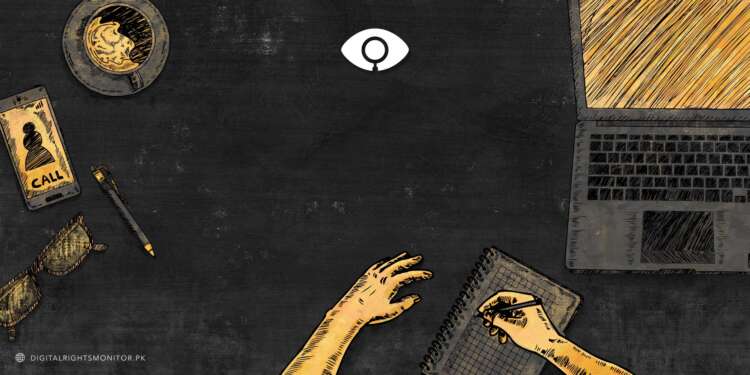From Twitch’s data protection violations in Turkey to VPN registration in Pakistan, here’s everything we covered at Digital Rights Monitor (DRM) this week.
Read our weekly news roundup.
TURKEY: Twitch fined for data breach
Twitch, a popular gaming platform owned by Amazon, has been fined by Turkish regulator for violations of data privacy, according to the Anadolu Agency.
Turkey’s Personal Data Protection Board (KVKK) has slapped Twitch with a penalty of two million liras, equivalent to $58,000. The fine came in the culmination of an investigation launched into a 125GB data leak at Twitch.
The data protection watchdog found that Twitch failed to adopt proactive security measures, and took action only after the breach had taken place. The risk and threat assessments at Twitch were found to be inadequate as well, according to the regulator.
The data leak impacted 35,274 individuals across the country. The fine has been imposed for both Twitch’s failure to take adequate security measures and not reporting the breach. Twitch has not commented on the penalty so far.
More here
PAKISTAN: Unregistered VPNs to stop working after Nov 30
The Pakistan Telecommunication Authority (PTA) informed a Senate panel on Monday that virtual private networks (VPNs) not registered by November 30 will stop working thereafter, according to a report by Dawn.com.
The statement was made by PTA Chief Major General (retd) Hafeezur Reman before the Senate Standing Committee on IT and Telecom. He informed the panel, chaired by Senator Palwasha Khan, that the regulator has been registering only those VPNs that are used by businesses and not those used by individuals to access blocked websites.
However, in response to a question about non-commercial VPNs, the PTA chief remarked that people “should not access unauthorised social media apps or websites through VPNs”. He was questioned by the lawmakers if the telecom regulator had the authority to suspend non-commercial VPNs. The query has been forwarded to the law ministry for response.
More here
INDIA: News agency ANI sues OpenAI over unauthorised content use
Indian news agency Asian News International (ANI) has taken OpenAI to court, accusing the artificial intelligence firm of using its work without permission for training its chatbot, ChatGPT.
The case, filed in the Delhi High Court, has reignited the debate on the use of journalistic content for the training of AI models. ANI has accused the ChatGPT owner of “exploiting” its “original news content” without authorisation.
The complaint spans 287 pages, according to Indian news outlets. The lawsuit claims OpenAI used ANI’s content to help train its large language models (LLMs). In addition, the AI firm’s chatbot, ChatGPT, shows exact excerpts of content produced by ANI in response to user prompts.
The lawsuit alleges that ChatGPT wrongly attributed pieces of some news reports to ANI, which poses “a real threat to ANI’s reputation”. The court has directed OpenAI to submit a comprehensive response to ANI’s accusations in the first hearing.
More here
AUSTRALIA: Bill introduced to ban social media for children
The Australian government has introduced a bill in the parliament aimed at banning social media for children aged under 16. The legislative framework attracted broad attention early this month when Prime Minister Anthony Albanese announced the government’s plans to curb child social media use.
The measures may entail an age-verification system including biometrics or official identification by the government to prevent children from accessing social media. The bill does not allow for parental consent, hence making it one of the most prohibitive pieces of legislation involving children and social media.
The bill, if passed into law, will have no exemption for child accounts that already exist across the country. PM Albanese has termed the bill “a landmark reform”, saying the government is aware that some minors will still find ways to bypass the restrictions, but the objective of the bill is to warn social media companies to “clean up their act”.
More here





